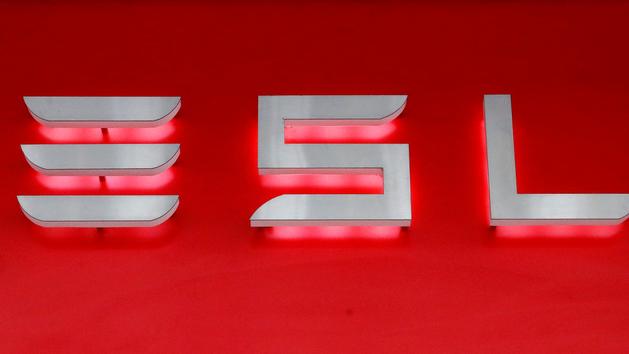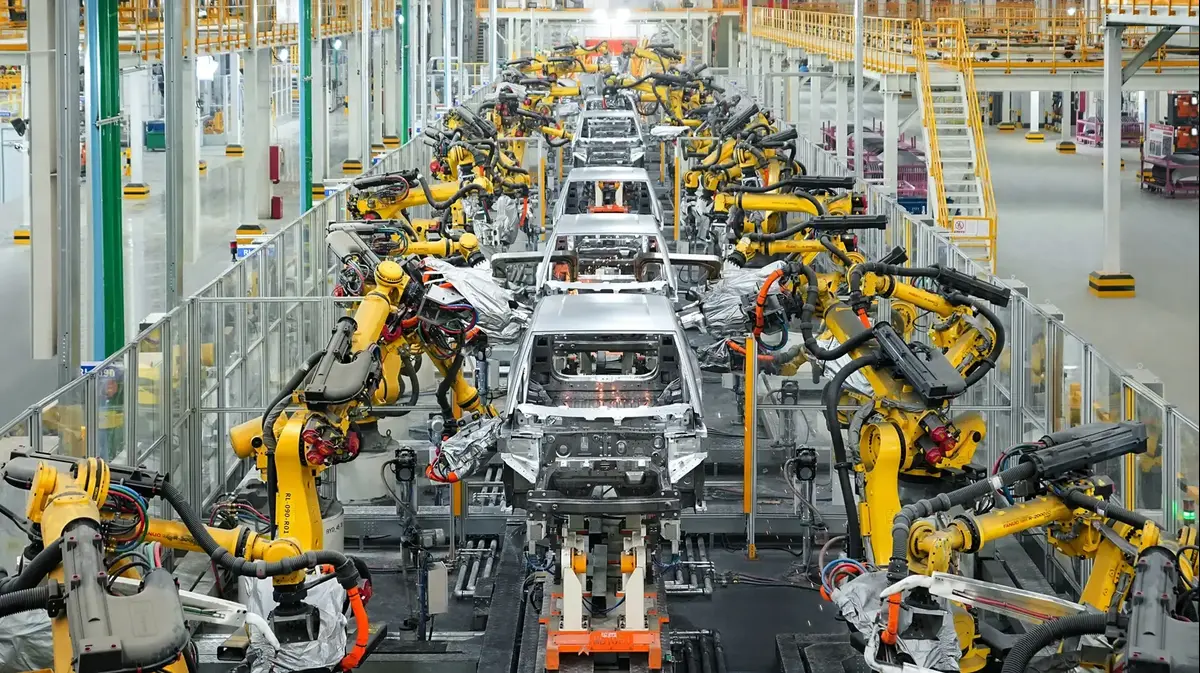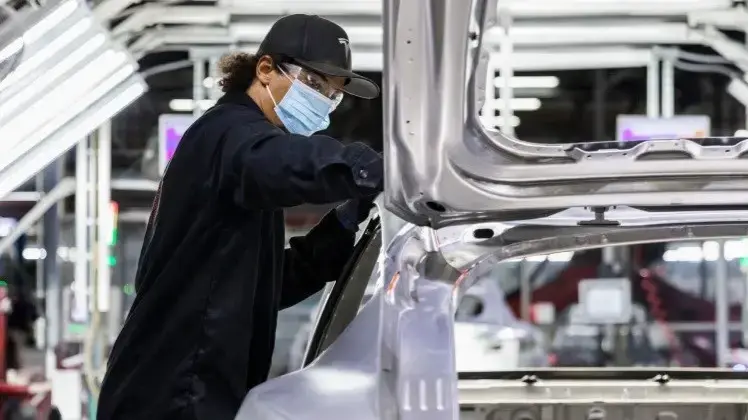It's a story worthy of a spy novel. In August, a Russian hacker attempted to steal data from a Tesla factory to blackmail the company. For that, he offered a million dollars to one of his employees to persuade him to introduce a computer virus.
Unveiled in a complaint made public two days ago that did not specify the targeted company, the facts were confirmed in a tweet by Tesla CEO Elon Musk. Some of the events recounted take place in the town of Reno, on the western border of Nevada, near which is installed a huge factory of the brand. This is where the batteries for the company's cars are made.
Ransom for data
The case began in mid-July, when Egor Igorevich Kriuchkov, a 27-year-old Russian, contacted an employee of the Tesla factory in Reno to notify him of his arrival in the United States. They had met two years earlier, says the complaint, which does not give more information on the nature of their relationship.
Two weeks later, the two go on vacation with friends around Reno and Utah. It was during this trip that Egor Igorevich Kriuchkov made a proposal to the employee. He asks her to introduce a virus into the computer network of his workplace. In exchange, he promises her a million dollars.
This virus should allow Egor Igorevich Kriuchkov to get his hands on sensitive data from Tesla. He then plans to threaten the company to publish them to encourage him to pay him a ransom.
For the company, the stakes are high. The dissemination of its industrial secrets would risk causing it to lose the edge it has over its competitors in terms of electric mobility. This information is therefore jealously guarded.
Bypassing Tesla's security therefore promises to be complicated. Especially since the company is on the alert. Two years ago, she lodged a complaint against one of her employees whom she accused of having stolen confidential data. The latter would have acted out of greed, but also in retaliation against his employer.
To convince the employee to participate in his plan, the Russian tells him that he can pass off one of his colleagues in charge, in case he wants to " teach a lesson " to one of them. In addition, he explains that he wants to launch a denial of service attack in parallel to entertain IT security teams.
The FBI involved
The next day, the employee denounces Egor Igorevich Kriuchkov to the FBI and remains in contact with the latter while letting the police monitor their meetings. It was during one of them that the Russian hacker told him that he was part of a group specializing in this type of action, of which a victim had agreed to pay them $ 4 million.
During the following days, they continued to negotiate, but their relationship deteriorated rapidly. Egor Igorevich Kriuchkov refuses to pay him an advance and finally announces that he is ending the project to focus on another move.
He is then contacted by the FBI and tries to flee the United States, but he is arrested before he can leave the country. He is punishable by five years in prison.







/cloudfront-eu-central-1.images.arcpublishing.com/prisa/BTHDUOM6GSCJU5BVV7CBEATLYQ.jpg)


/cloudfront-eu-central-1.images.arcpublishing.com/prisa/KMEYMJKESBAZBE4MRBAM4TGHIQ.jpg)


/cloudfront-eu-central-1.images.arcpublishing.com/prisa/EXJQILQR5QI7OMVRTERD7AEZAU.jpg)
